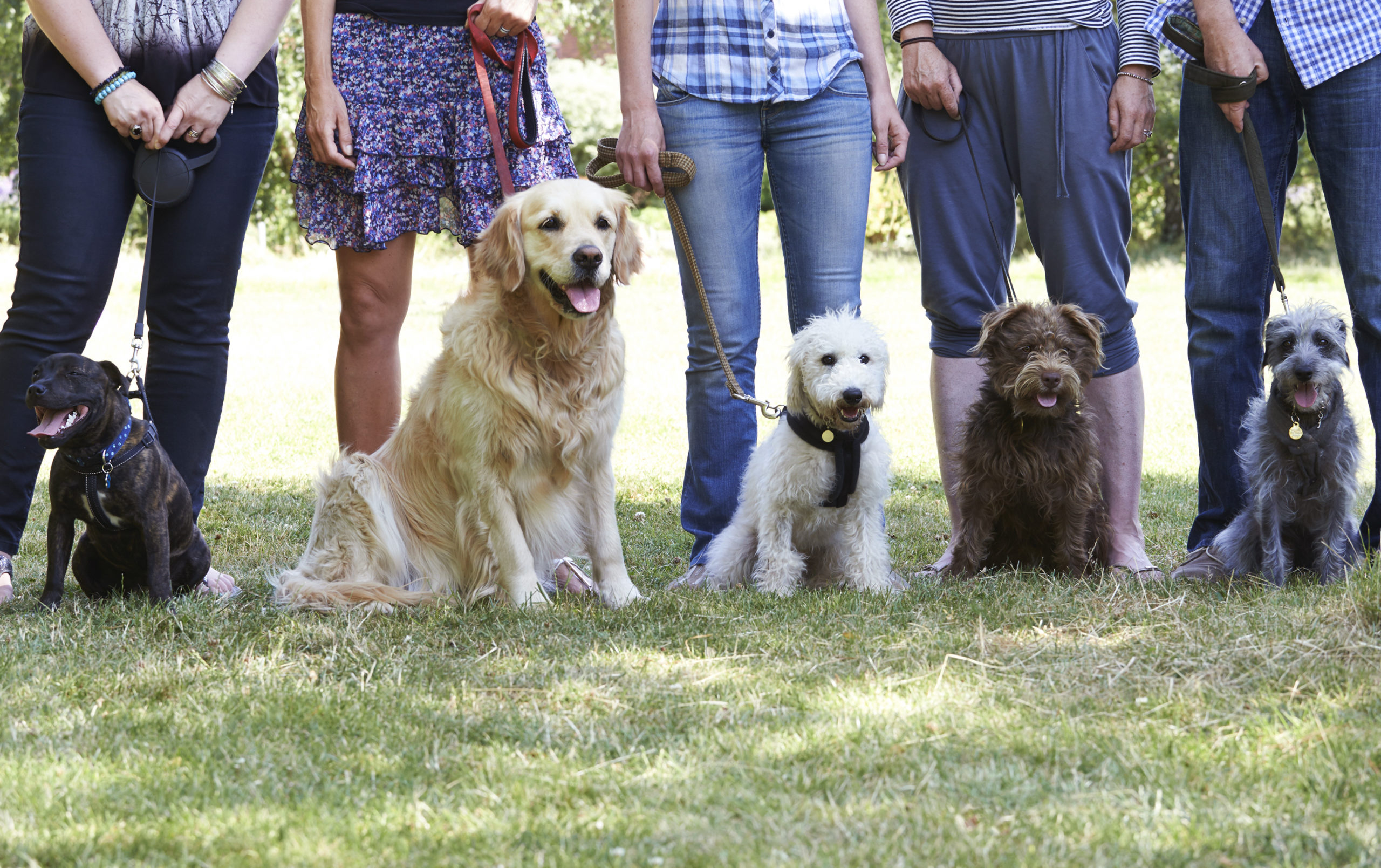Vaccination Against Canine Cancer Study
The goal of the VACCS trial is to evaluate a new vaccine strategy for the prevention of cancer. If successful, this study could provide important justification for eventually looking at a similar approach in humans.
The Vaccination Against Canine Cancer Study (VACCS trial) will be the largest clinical trial conducted to date for canine cancer. The goal of the VACCS trial is to evaluate a new vaccine strategy for the prevention, rather than treatment of dogs with cancer. Healthy dogs meeting the qualifications below will be randomized to receive either a series of vaccines similar to other routine vaccines that are given to dogs currently, or placebo vaccines. Dogs will live at home and be checked 2 times yearly until May 2024. A financial incentive will be offered to defray the cost associated with diagnostics and treatment of any cancers that dogs develop, regardless of whether they are receiving the vaccine or placebo. In addition to potentially providing a new strategy for cancer prevention in dogs, if successful, this study could provide important justification for eventually looking at a similar approach in humans.
Please review the qualifications below to determine if your pet is eligible to participate. If you pet meets the requirements, please complete the application.

Study Qualifications
* Owners must live within 150 miles of one of the participating trial sites:
- Colorado State University | Fort Collins, Colorado
- University of California – Davis | Davis, California
- University of Wisconsin – Madison | Madison, Wisconsin
* Be between 5.5 and 11.5 years of age
* Weigh at least 12 pounds (5 kg)
* No history of previous cancer
* No significant other illness that could result in a life span of less than 5 years
* No history of previous autoimmune disease
* No current treatment with oral or injectable immunosuppressive medications
* Only breeds listed below are eligible
Mixed breed (includes Doodles, Puggles, etc.), Afghan hound, Airedale terrier, Alaskan malamute, Basset hound, Beagle, Bernese mountain dog, Borzoi, Boston terrier, Boxer, Briard, Bullmastiff, Cocker spaniel, Corgi, Deerhound, English setter, Field spaniel, Flat-coated retriever, French bulldog, German shepherd, German shorthaired pointer, Giant schnauzer, Golden retriever, Gordon setter, Great Pyrenees, Irish setter, Irish water spaniel, Irish wolfhound, Italian spinone, Keeshond, Labrador retriever, Leonberger, Newfoundland, Norwegian elkhound, Nova Scotia duck tolling retriever, Old English sheepdog, Petit basset griffon vendeen, Rhodesian ridgeback, Rottweiler, Saluki, Scottish terrier, Shetland sheepdog, Siberian husky, Springer spaniel, Staffordshire bull terrier, Standard poodle, Tibetan terrier, Viszla, Welsh terrier, West highland white terrier
VACCS Application
If you believe your pet meets the qualifications, please complete the application form. After review, someone from our team will contact you. Thank you for your interest in this first-of-its-kind study!
COVID PRECAUTIONS
All participating sites have made adjustments to their operating procedures to maintain the safety of both staff and owners. These include “curbside” drop-off and pick-up of pets and the use of personal protective equipment by the staff. You can get additional information about safety measures that are in place from the staff at the individual study sites.
